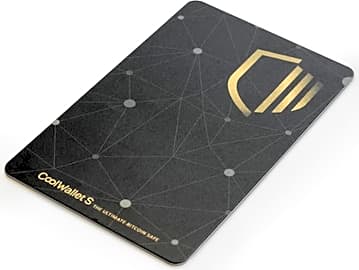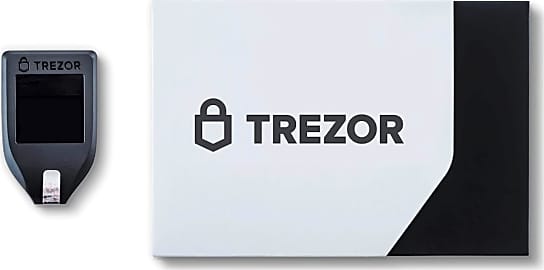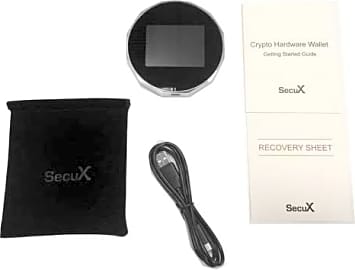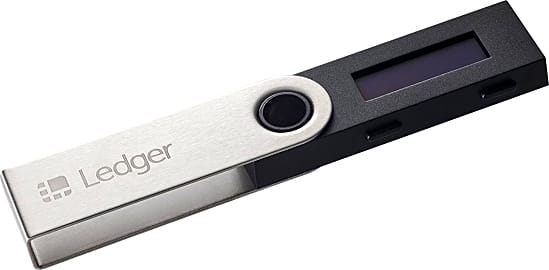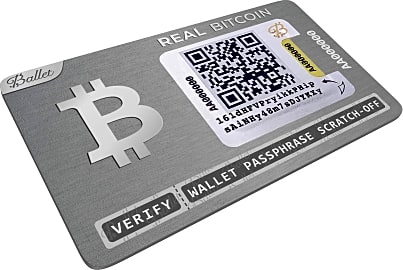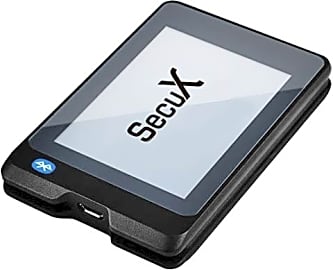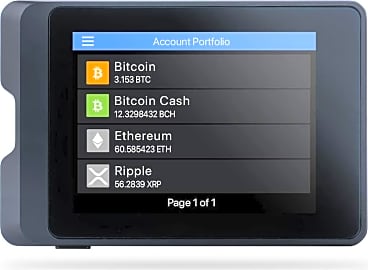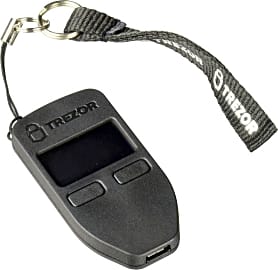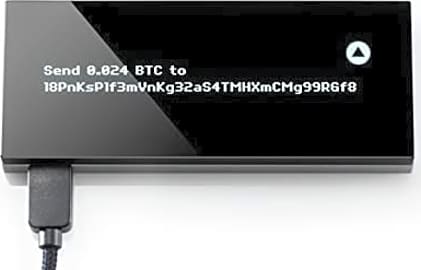The 10 Best Bitcoin Wallets

This wiki has been updated 26 times since it was first published in November of 2017. Investing in Bitcoins can be extremely profitable; in fact there are numerous stories of millionaires being made practically overnight in the cryptocurrency world. But this only happens if you keep your funds safe and secure. Rather than store them in an exchange, keep them protected with one of these hardware wallets, most of which support a number of other digital assets as well. When users buy our independently chosen editorial choices, we may earn commissions to help fund the Wiki.
Editor's Notes
May 14, 2020:
Large amounts of cryptocurrency should never be stored on an exchange. Throughout the relatively short history of Bitcoin, there have been countless exchange hacks, perhaps few more widely known than the 2014 hack of Mt. Gox, in which $460 million in digital assets was stolen. Not only did it bankrupt what was, at the time, the largest exchange, it also resulted in countless people losing what would probably now equate to life-changing sums of money. This is by no means the only example. In 2018 and 2019 alone, there were at least eight multi-million dollar exchange hacks, with the largest of them being over $500 million. If this isn't enough of a reason to not store your coins on an exchange, perhaps the ever prevalent mantra of "not your keys, not your crypto" will be.
With this in mind, we think it prudent of you to invest in one of the Bitcoin wallets on this list to keep your funds secure, as well as full control over your private keys. The best known manufacturers of hardware wallets right now, and the ones with the longest track record behind them, are Ledger and Trezor, so it should come as no surprise they are featured here. The Ledger Nano X is currently the company's best model, while the slightly older Ledger Nano S is their more affordable, yet no less secure, option. While they both support the same number of currencies, which numbers well over 1,000, the Nano X comes out ahead for two main reasons — its Bluetooth capability and the ability to store more applications. The biggest downside to the Nano S is that it can only store three or four wallet applications at one time. This means that if the wallet's memory is full and you want to interact with one of your other coins which wallet application is not currently installed, you will need to delete one application, add the new one, and then do the same thing all over again when you want to transact with the old coin.
Trezor currently has two main models out as well — the Trezor Model T and the Trezor One. While storage isn't an issue on either of these, the Trezor One unfortunately doesn't support as many coins as the Model T. Notably, it is, at the time of this writing, lacking in support for some very popular ones too, including Cardano, Tron, and others. While neither Trezor model offers Bluetooth, many crypto enthusiasts feel that Trezor wallets are more secure due to the fact that they run on opensource software, which undergoes more peer review.
A relative newcomer on the scene is SecuX, but we feel they offer wallets that can easily stand up to, if not perhaps one day surpass, the offerings of Trezor and Ledger. In fact, the SecuX V20 boasts a significantly more robust build than any of the models from the other two manufacturers, not to mention a larger screen that is easier to interact with.
Speaking of ease, when it comes to that aspect of a hardware wallet, few are more simple than the Ballet Physical, though this does come with some significant security compromises, namely the fact that the private key is generated for you. That being said, it is ideal for holding a small amount of crypto you may want to transact with often.
Now that you have your Bitcoin and other digital assets safely store in your hardware wallet, why not take some time and read one or two of the best cryptocurrency books to really get a handle on the tech and fundamentals behind them?
Special Honors
Cobo Vault Ultimate Though very pricey and lacking in support for many popular coins, the Cobo Vault Pro offers a no-compromises approach to both asset security and physical damage. It is IP68 waterproof, IK09 impact resistant, and meets MIL-STD-810G specifications, so the chances of anything harming it are slim. Plus, it boasts a self-destruct mechanism, random number generation for private keys, and supports 12-, 18-, and 24-word recovery phrases. It also allows you to send funds without being physically or wirelessly connected to any other device. cobo.com
Electrum Software Wallet Electrum is compatible with most popular mobile and desktop OS and integrates with Trezor, Ledger, and other hardware wallets. It is fast, light on system resources, and completely free to download. While it only supports Bitcoin, it is one of the oldest, and considered one of the most secure, software wallets around. That being said, if you have a large amount of funds to store, you are better off spending the money and going with a hardware wallet. electrum.org
Exodus With its simple design and excellent support, Exodus is a great software wallet for beginners who need to store a small amount of funds they want to have the ability to access regularly. Its portfolio view mode allows you to see all of your assets at once, and their U.S. dollar value, and it has a built-in exchange that lets you trade cryptocurrencies without leaving your wallet. exodus.io


